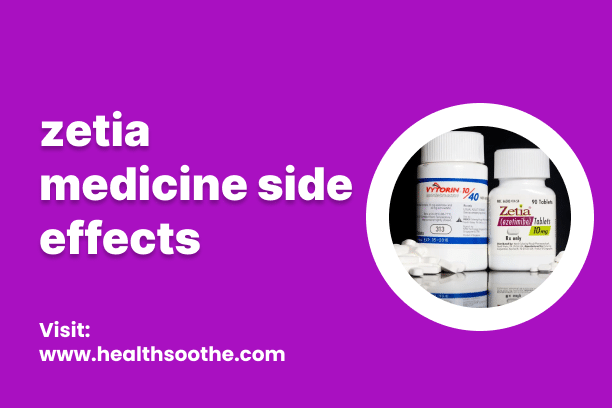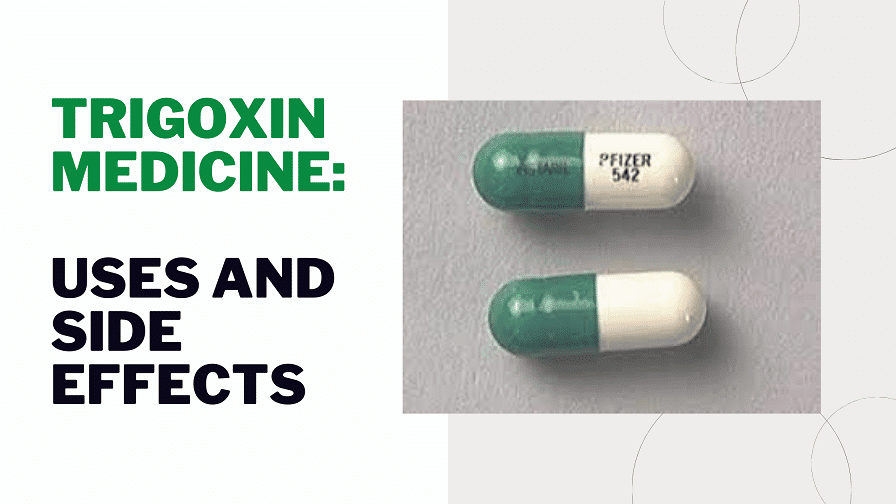Zetia is a prescription medication with a brand name. It has received approval from the FDA for the treatment of specific types of high cholesterol in both adults and children aged 10 years and older.
In particular, Zetia is employed in conjunction with a low-cholesterol diet to address:
- Primary hyperlipidemia: This is a hereditary condition resulting from a genetic mutation in the genes responsible for the clearance of cholesterol from the body.
- Mixed hyperlipidemia: This genetic condition arises from a mutation in the genes controlling the clearance of both cholesterol and triglycerides from the body.
- Homozygous familial hypercholesterolemia (HoFH): HoFH is a rare genetic condition caused by a mutation in the genes governing the clearance of cholesterol from the body.
- Homozygous sitosterolemia: This genetic condition is caused by a mutation in the genes regulating the clearance of plant sterols from the body. (Plant sterols are a type of fat found in nuts, vegetable oils, and other plant-based foods.)
What are the more common side effects of Zetia?
During the course of Zetia treatment, individuals may experience mild or severe side effects, with certain effects being more prevalent than others.
Common side effects observed in individuals undergoing Zetia treatment include:
- Upper respiratory infections, such as colds
- Diarrhea
- Joint pain
- Sinusitis (swelling of the sinuses)
- Pain in the arms, legs, hands, or feet
What are the mild side effects of Zetia?
Certain individuals may encounter mild side effects while using Zetia. Examples of reported mild side effects associated with Zetia include:
- Upper respiratory infections, such as colds
- Diarrhea
- Joint pain
- Sinusitis (swelling of the sinuses)
- Pain in the arms, legs, hands, or feet
- Dizziness
Typically, these side effects are transient, and some may be easily managed. If you experience persistent symptoms or any discomfort, it is advisable to discuss the matter with your doctor or pharmacist. It's important not to discontinue the use of Zetia unless recommended by your doctor.
It's worth noting that Zetia may cause additional mild side effects beyond those mentioned here, and detailed information can be found in the prescribing information for Zetia.
Note: Following the approval of a drug by the Food and Drug Administration (FDA), ongoing monitoring of side effects is conducted. If you wish to report a side effect experienced with Zetia, you can visit MedWatch, the FDA's platform for such notifications.
Read Also: Improve your Mental Health, While Working from Home Utilizing an Online AI Creative Suite
Pros and Cons of zetia
Pros of Zetia
- Effective Cholesterol Management
- Complementary Treatment
Cons of Zetia
- Limited Evidence of Cardiovascular Benefits
- Potential for Side Effects
- Uncertain Safety in Pregnancy and Breastfeeding
- Cost Considerations
Differences Between zetia and naltrexone
Zetia (ezetimibe)
Zetia is primarily used to lower cholesterol levels in the blood. It works by inhibiting the absorption of cholesterol from the digestive tract, leading to reduced levels of low-density lipoprotein (LDL) cholesterol.
Naltrexone
Naltrexone is used to treat alcohol dependence and opioid dependence. It works by blocking the effects of opioids in the brain, reducing the cravings for opioids and the rewarding effects of alcohol.
Alternative to zetia
Statins
- Examples include atorvastatin (Lipitor), simvastatin (Zocor), rosuvastatin (Crestor), and others.
- Statins are a class of drugs that effectively lower cholesterol levels by inhibiting the production of cholesterol in the liver.
What are the serious side effects of Zetia?
Less frequently, the use of Zetia may be associated with serious side effects, especially when taken in conjunction with other medications for high cholesterol, such as statin drugs. Potential serious side effects include:
- Muscle-related problems, such as leg cramps
- Increased liver enzyme levels
- Allergic reactions
If you experience serious side effects while using Zetia, it is crucial to contact your doctor promptly. In cases where the side effects appear life-threatening or if you believe you are facing a medical emergency, it is imperative to call 911 or your local emergency number immediately.
Warnings for Zetia
Zetia may not be suitable for individuals with specific medical conditions or factors influencing their health. It's essential to discuss your health history with your doctor before considering Zetia. The following factors should be taken into account:
Liver problems
If you have liver issues, your liver may not efficiently eliminate medications like Zetia from your body, potentially increasing the risk of side effects. Zetia use may also lead to elevated liver enzyme levels, particularly when taken alongside a statin drug, which can be indicative of liver damage. If you already have liver problems, taking Zetia might exacerbate the condition. Consult with your doctor about any existing liver issues and the safety of Zetia for you.
Risk factors for muscle-related problems
Zetia has the potential to cause muscle-related side effects, including symptoms such as muscle pain, weakness, and cramps. If any of the following factors or conditions apply to you, there may be a higher risk of developing these muscle problems:
- Taking other medications, especially high-dose statin drugs
- Age 65 years or older
- Hypothyroidism (underactive thyroid)
- Kidney problems If you experience muscle-related side effects during Zetia treatment, discuss it with your doctor. They may provide guidance on managing this side effect.
Allergic reaction
If you've had an allergic reaction to Zetia or any of its components, Zetia is not recommended for you. Consult your doctor to explore alternative medications that may be more suitable for your situation.



